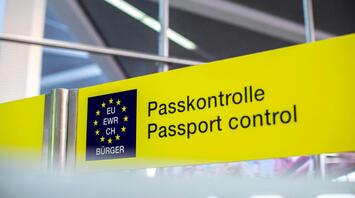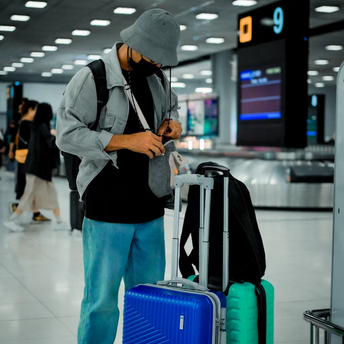EU Travel Changes Could Disrupt Trips in 2024 and Beyond

he European Union is introducing significant updates to its travel processes that will affect non-EU visitors, especially those from the UK. A new system launching in November two thousand twenty-four will replace traditional passport stamps with digital records, while another system, coming in mid-two thousand twenty-five, will require prior travel approval for entry into European countries.
These changes are designed to enhance security but will add extra steps for travelers. The new processes will involve biometric checks, including facial scans and fingerprints, at border control. While most short-term visitors will be subject to these rules, certain groups, such as Irish passport holders and EU residents, are exempt from these additional requirements.
For tourists planning to attend popular events like Oktoberfest in Germany or cultural festivals in France, these new travel measures may cause delays at border crossings, complicating trip logistics. Similarly, those heading to major sports events, such as the UEFA European Football Championship in two thousand twenty-four, could face longer wait times at airports and other points of entry.
Nature enthusiasts looking to explore Europe’s famous destinations, like the Norwegian fjords or the Amalfi Coast in Italy, may also experience increased difficulty due to the additional checks. Spontaneous trips will likely become harder to manage, as travelers will need to prepare further in advance and meet new entry requirements.
These updates, while aimed at improving border security, signal a new reality for tourists and business travelers. Greater planning and knowledge of the evolving processes will be crucial to avoid disruptions during trips to Europe, particularly when booking travel and accommodations.
Overall, these travel changes remind us that adapting to new regulations is now an essential part of international travel. With careful planning and awareness, visitors can navigate the new systems smoothly, though these changes will undoubtedly reshape future European travel experiences.



















